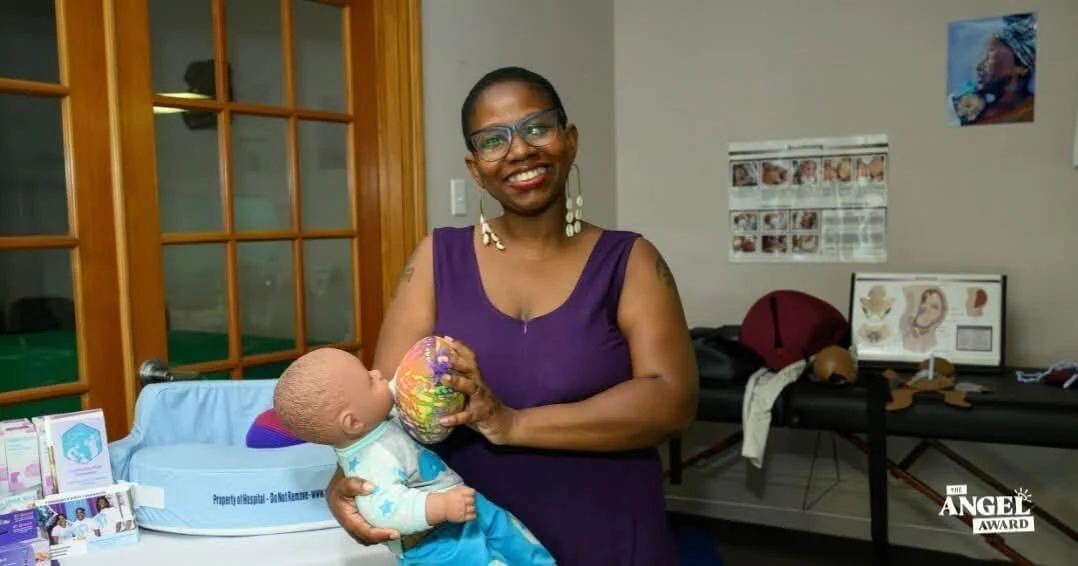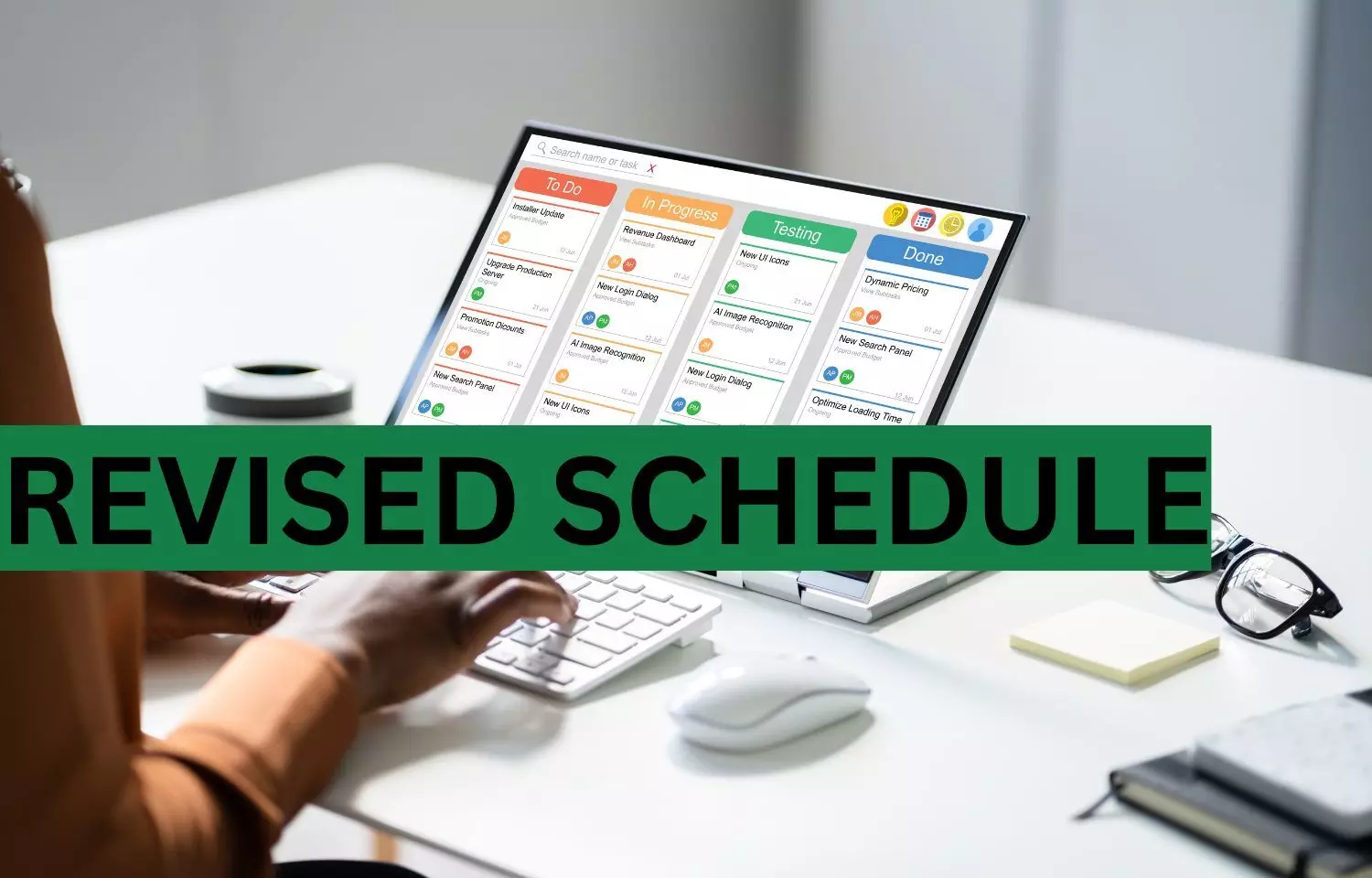Copyright Baton Rouge Advocate

Devin Bailey-Nicholas, affectionately known as Divine, is a charter member of the Afro-American Historical and Genealogical Society-Louisiana Chapter. She is a cultural worker with a focus on Black folk healing and Black midwives in the South. In 2012, Bailey-Nicholas founded Community Birth Companion, a nonprofit in St. Landry Parish. Bailey-Nicholas serves as the executive director and works toward lowering infant and maternal mortality rates among low-income mothers through childbirth education, breastfeeding promotion and community doulas. She is also a certified lactation counselor, maternal-child community health worker, student-midwife and doula trainer. Currently, she's the local ambassador for the National Perinatal Task Force and member of Healthy St. Landry. She lives with her husband and five children in Opelousas. This conversation was edited for length and clarity. How did you identify what gaps Community Birth Companion would focus on in maternal and infant health? In 2012, I trained as a doula, and at the time, the doula organization was called The International Center for Traditional Childbearing, based in Oregon. But they did a training in New Orleans, and one of our training sessions talked about disparities. For America to be so technologically savvy, we had a lot of mothers and babies dying for things that could be prevented, no matter what cultural background someone had. When we saw the statistics, we were seeing that the mortality and morbidity rates in Black mothers and Black babies were three to four times higher than our White counterparts. The 2024 March of Dimes Report Card gave Louisiana an "F" for preterm birth. The rates of those babies among communities of color is very dismal. We know that preterm babies are often born too small, and they have a failure to thrive a lot of the time. It's happening in all communities, but sometimes it's happening more within different cultures. That really touched me and made me want to dig in more to see how I could help in my local community. How has this work changed your view on motherhood and your community? I had my second child by the time I became a doula. When I really dug into what was happening in the maternal health world, it made me understand how much support and education our families needed to navigate the maternal health system — really understanding what their medical providers are telling them, what to expect during prenatal care and how to best communicate their needs. I understood how doulas can step in, by teaching grandmas, boyfriends and husbands how to be the best support systems as they're going through this journey of parenthood. How does Community Birth Companion build trust within the community? When we were first starting, and we still do this, we went to community baby showers, had a table and communicated with the parents. We're asking questions like, "Who's your doctor? Where are you delivering?" We would educate right then and there, and then pass out flyers for our childbirth education classes and breastfeeding support groups, because that's open to both pregnant and postpartum moms. That was the way, and still is the way, we continue to build bridges. I became a community liaison with Opelousas General Hospital when they were first establishing their Baby Friendly initiative. That was a way I was able to talk with the hospital and understand the needs of the mothers in the community. Then we had folks who wanted to support and volunteer and become doulas. When they call, we show up. What we don't know, we connect to resources that we share, and I believe that's how we maintain our trust in the community. On a policy level, what changes need to be made to make a difference in maternal health outcomes in Louisiana? We've had some positive changes. Medicaid now covers doulas, even private insurance is reimbursing doulas. That was an item that a lot of maternal health advocates were pushing for because we don't want doulas to be a luxury that only certain people can get. We need to educate our moms that, if they're low risk, there is an option in Louisiana that they can have a midwife and birth at the birth center or at home. What makes that safe is only when we all work together and breakdown those silos. We're moving in the right direction, but we can't put the weight just on doulas, because at the end of the day, they're not medical providers. We want to continue to educate our doctors to support mothers and have the best outcomes possible. And, also, just listen to moms. When we sit down and really listen to their concerns, whether they've had a vaginal birth or cesarean section, they want to be listened to. They want to feel like they've had a part in the care they received. They want to know that they were able to give educated consent. But we can't do that when we're rushing to the next person. We can't keep treating people like numbers. From your experience working with families, how are Black mothers treated compared to White mothers? In our state, and even nationally, Black moms and babies die at three times the rate of our White counterparts. What's so important is that it crosses socioeconomic boundaries. A Black mom that has her master's degree would still have a worse outcome, say, from a White mother that didn't graduate high school. It's a racial gap there, and we know that, for whatever reason, when Black mothers go into the hospital, they're not listened to as much as others. The hope is that all mothers, no matter where they come from, when they step into a Louisiana hospital, they feel heard, respected and that their concerns are taken into account so we can have those great outcomes — those beautiful, bouncing babies who are going to be cared for and who are our future.



